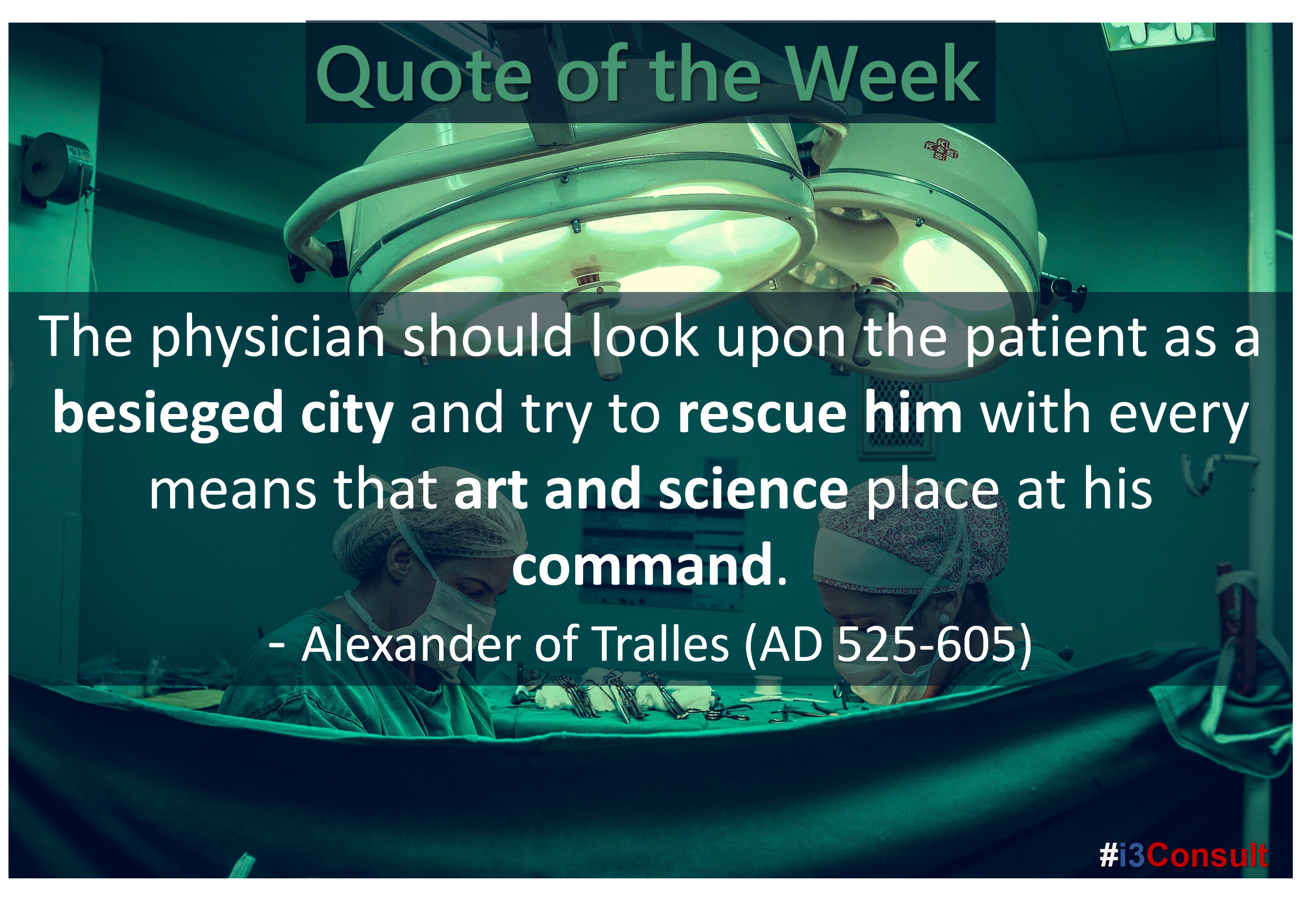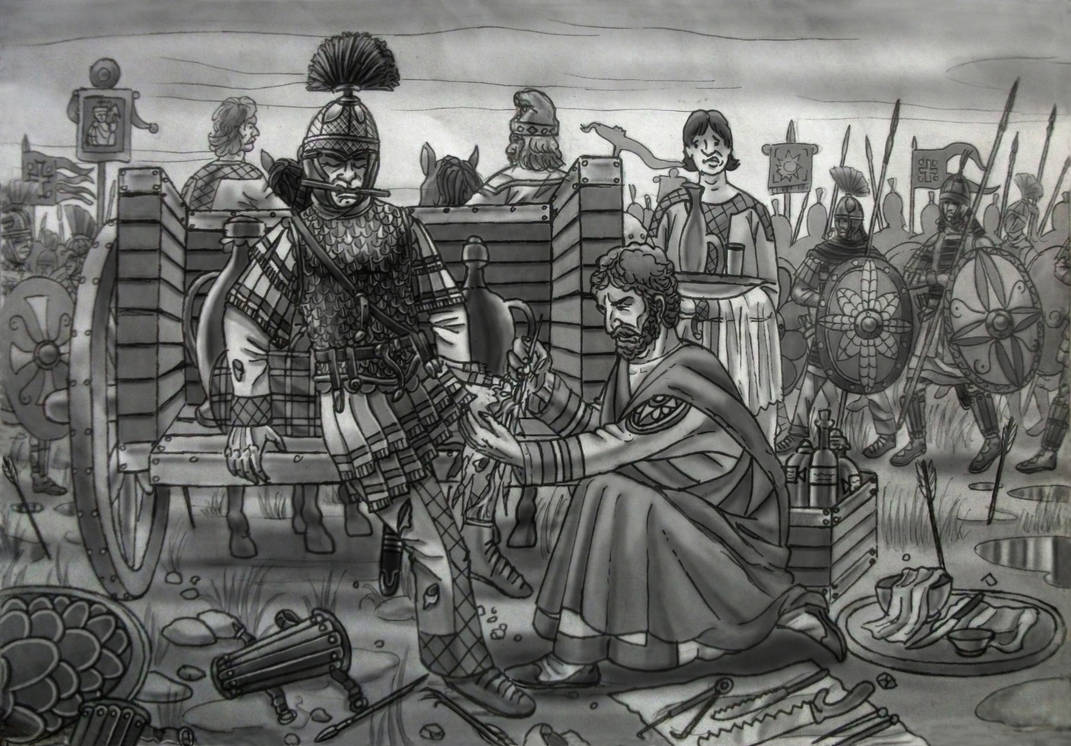British Museum on Twitter "Alexander the Great died onthisday in 323 BC, having conquered a

Expedition Magazine The Life and Times of Alexander of Tralles
Physician; born Tralles 525, died Rome 605. According to Agathias (Agath. 5:6.3-6), Alexander was one of five prominent sons of a physician named Stephen; most famous of the brothers was. Update. The Oxford Biblical Studies Online and Oxford Islamic Studies Online have retired. Content you previously purchased on Oxford.

Megas Alexandros A tentative visit of Tralles
Alexander of Tralles, writing in the late sixth century, combined his wide-ranging practical knowledge with earlier medical theories. This article shows how clinical experience is used in Alexander's works by concentrating on his therapeutic advice on epilepsy and, in particular, on pharmacology and the group of so-called natural remedies.

ALEXANDER OF TRALLES [with] LOYS VASSE Sokol Books
Although Alexander of Tralles had scant knowledge of anatomy and physiology, he was a careful observer of clinical situations. He wrote remarkably accurate descriptions of chest conditions, including pleurisy. Alexander continued to be read in the East and West, even though Byzantine medicine began to decline within a century of his death.

British Museum on Twitter "Alexander the Great died onthisday in 323 BC, having conquered a
Alexander of Tralles ( Medieval Greek: Ἀλέξανδρος ὁ Τραλλιανός; ca. 525- ca. 605) was one of the most eminent physicians in the Byzantine Empire.

ALEXANDER OF TRALLES [with] LOYS VASSE Sokol Books
The Byzantine doctors Aetius of Amida, Alexander of Tralles and Paul of Aegina described the pulmonary and glandular forms of TB , while in the Arabic Empire, Avicenna supposed the contagious nature of TB. Middle Ages and Renaissance time: the "king's evil" and the discovery of extra pulmonary TB.

FileBust Alexander BM 1857.jpg Wikimedia Commons
Alexander (16), of Tralles, physician, 525-605 ce, died in Rome. The author of an extant encyclopaedia of practical medicine, Alexander shows his continual adaptation of Graeco-Roman texts in light of his actual practice. He wrote the justly famous Letter on Intestinal Worms, a fundamental work in the history of early parasitology; excellent.

i3 Quote of the Week i3 Consult Integrated Intelligence for Healthcare
Alexander of Tralles was the son of Stephanus, a physician. He had four brothers: Anthemius, a famous mechanician who was involved in rebuilding Hagia Sophia; Metrodorus, a grammarian; Olympius, a jurist; and Dioscorus, another physician.

ALEXANDER OF TRALLES [with] LOYS VASSE Sokol Books
after all, Alexander of Tralles was the best physician In the Byzantine Empire, so that a presumption of royal connections can well be understood, even if left in the realm of historical fiction. Translations of Alexander of Tralles Alexander's writings were well known and respected by later Muslim doctors and pharmacists. The man-

Alexander von Tralles Originaltext und Aœbersetzung nebst einer einleitenden Abhandlung 1878
See also Alexander of Tralles on Wikipedia; and our 1911 Encyclopædia Britannica disclaimer . ALEXANDER OF TRALLES ( Alexander Trallianus ), Greek physician, born at Tralles in Lydia, lived probably about the middle of the 6th century and practised medicine with success at Rome. The Greek text of his Βιβλία ἰατρικά was printed at.

Alexander of Tralles (525 — 605), Greek historian, medicine, physician, scholars World
Alexander of Tralles (Medieval Greek: Ἀλέξανδρος ὁ Τραλλιανός; ca. 525- ca. 605) was one of the most eminent physicians in the Byzantine Empire. Read more on Wikipedia Since 2007, the English Wikipedia page of Alexander of Tralles has received more than 37,713 page views.

Figure 1 from Simon and the Tradition of the Latin Alexander of Tralles Semantic Scholar
Alexander of Tralles (Medieval Greek: Ἀλέξανδρος ὁ Τραλλιανός; ca. 525- ca. 605) was one of the most eminent physicians in the Byzantine Empire.His birth date may safely be put in the 6th century AD, for he mentions Aëtius Amidenus, who probably did not write until the end of the 5th or the beginning of the 6th century, and he is himself quoted by Paul of Aegina, who.

Alexander of Tralles by AMELIANVS on DeviantArt
In contrast to other Late Antique medical authors, Alexander of Tralles uses the epithet theiotatos (most divine) when referring to Archigenes. This appellation becomes even more significant if one considers that Alexander otherwise only applies it to Hippocrates and Galen.

(PDF) 'Ravenous appetite' in Macellus' recipe book and in the work of Alexander von Tralles
"Alexander of Tralles" published on by Oxford University Press. physician; born Tralles 525, died Rome 605. According to Agathias (Agath. 5:6.3-6), Alexander was one of five prominent sons of a physician named. Update. The Oxford Biblical Studies Online and Oxford Islamic Studies Online have retired. Content you previously purchased on.

Expedition Magazine The Life and Times of Alexander of Tralles
Alexander of Tralles, writing in the late sixth century, combined his wide-ranging practical knowledge with earlier medical theories. This article shows how clinical experience is used in Alexander's works by concentrating on his therapeutic advice on epilepsy and, in particular, on pharmacology and the group of so-called natural remedies.

ALEXANDER OF TRALLES [with] LOYS VASSE Sokol Books
Among early Byzantine physicians, Alexander of Tralles (AD 525-605) attracts the admiration not only of medical historians, but also of modem doctors. His appeal is due to his direct experience in the practice of medicine and in the manifold aspects of providing and modifying treatments for patients, as spelled out in his extant tracts.

Alexander, of Tralles (ca. 525ca. 605) Vaulted Treasures Historical Medical Books at the
On the Work of Alexander of Tralles Helminthiasis is known to man since antiquity, but it still remains a significant public health problem. In ancient times many plants have been tried as possible therapeutics in search of an effective drug. This manuscript investigates ancient beliefs on parasitic worm infestation. Moreover, Alexand.